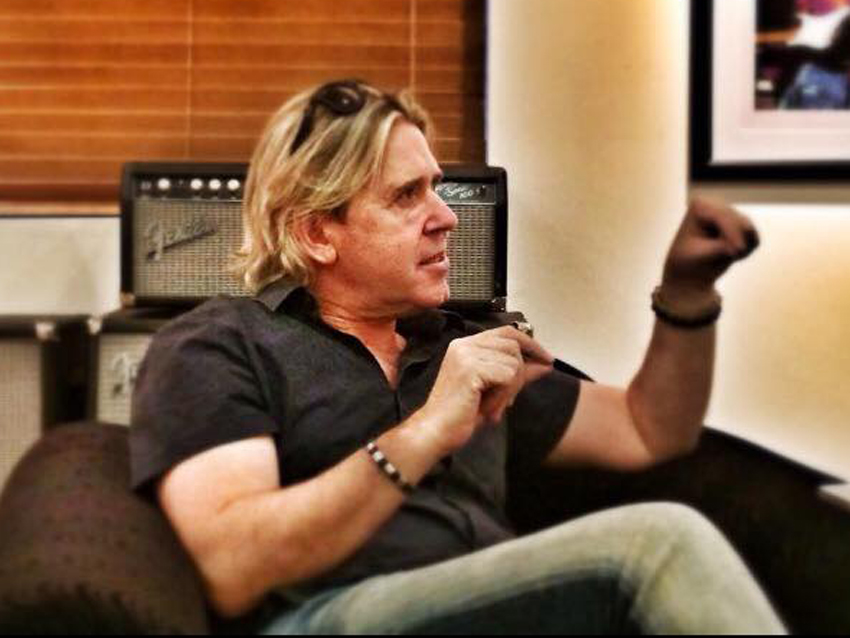
Steve Lillywhite: the 10 records that changed my life
Steve Lillywhite has produced some of the biggest and most influential albums of the modern-rock era – a casual glance at his discography reveals classics by U2, Peter Gabriel, Simple Minds, XTC and the Dave Matthews Band – and he's racked up recent hits with Thirty Seconds To Mars and The Killers, among others. But the five-time Grammy winner admits that the days of the long-form player could be over.
"The album is destined to die, I think," he says. "Technology has always led the art form. For the longest time, the technology dictated that we had two 17-minute sides, which then became one 70-minute side. Now the technology says that you can buy one song at a time, which is what people are doing in huge numbers.
“Another reason is that you don’t really have great albums anymore," he continues. "The really big artists tend to have their songs made by teams in different places. The only time the album is listened to as a whole is when it’s being mastered. Because of the need to have a hit single, the album is essentially a series of singles; it’s not a whole work unto itself."
But all is not lost, Lillywhite says. With a bit of a laugh, he theorizes that recent laws concerning the legalization of marijuana could have a beneficial impact on the fate of the record album. "It sounds like I'm joking, but I'm not," he says. "Think about it: You smoke some pot and you listen to Dark Side Of The Moon, and you realize that ‘Wow… Music is the best thing ever.’ So the continued progress of the legalization of marijuana could bode well for the survival of the album and longer music formats. It's a long shot, perhaps. We’ll see."
Last June, the British-born Lillywhite, who had been living in New York City and Los Angeles during the past few years, relocated to Jakarta to work with the popular Indonesian band Noah. What he found was not only a population still hungry for albums – "They buy CDs. It's a very thriving music scene" – but also a synergistic connection between art and commerce that reminds him of his early days in the business.
"The studio, Musica, is connected to the record company, so it's like the way Island Records used to be," he says. "It's very much a family. Nowadays you don’t see studios that have anything to do with record companies, so you get this ‘us and them’ scenario rather than ‘We’re all in this together.’ Companies have to realize that without artists, who actually make the music in the first place, they’re nothing."
On the following pages, Lillywhite runs down the 10 records that changed his life.
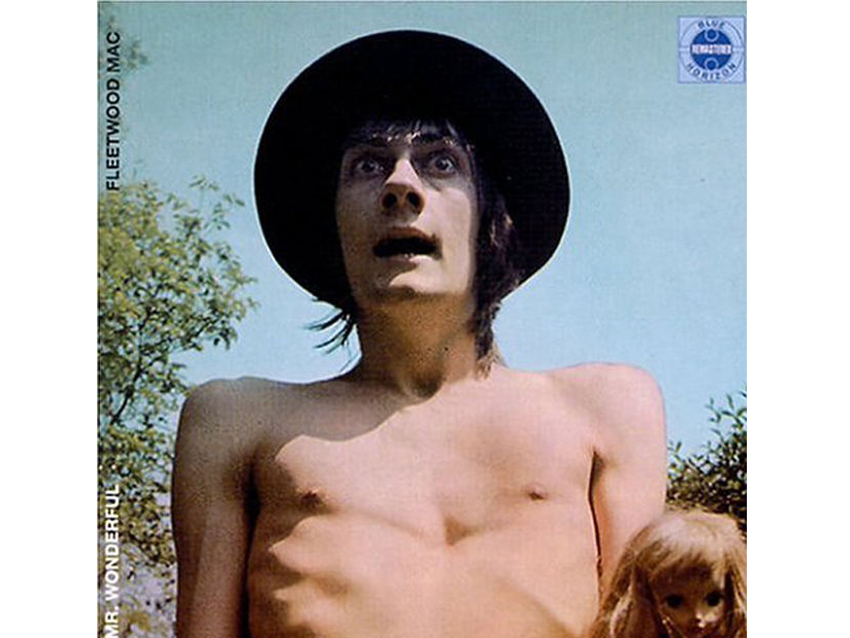
Fleetwood Mac - Mr. Wonderful (1968)
“I grew up with The Beatles. I heard them the first time around starting from the age of eight. So at eight, nine, ten years old and so on, I was hearing all of those albums, and I loved them. By the time I was 13 or so, however, I started developing my own sense of taste, which was different from the taste that the mainstream dictated.
“I was an avid reader of Melody Maker; they were heavy on the blues at the time. After listening to John Lee Hooker, Sonny Terry, Brownie McGhee and a few others, I then listened to Fleetwood Mac’s Mr. Wonderful.
“I didn’t know it was their second album, and I never went back and listened to the first one. It’s basically 12-bar blues, but it’s songs and not just jams, and it has a great sonic quality that’s sustained throughout. Peter Green is the lead guitarist here. He would write some fantastic songs like Oh Well and Man Of The World, but this record is before all of that. Mr. Wonderful isn’t really one of Fleetwood Mac’s better-loved records, but I heard it when I was starting guitar lessons, and it struck a nerve with me. It had an impact.”
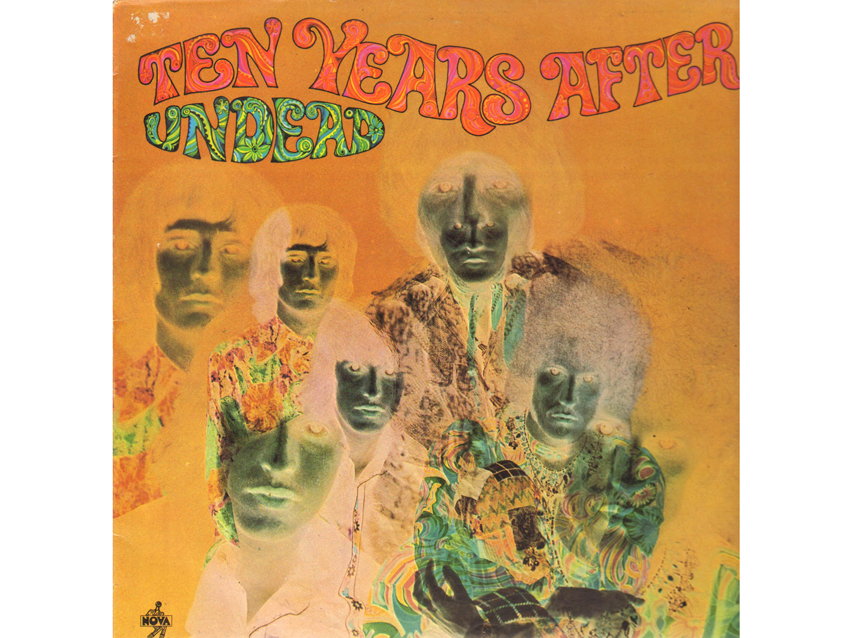
Ten Years After - Undead (1968)
“Let's stay with the thread of bad-taste blues for a bit. The truth is, I really didn’t have very good taste when I was this age, retrospectively. For record number two, I’m going to say Ten Years After. At this age, I thought this record was good, because at this age, my idea of good was fast.
“Actually, it was Rick Lee, not Alvin Lee, who impressed me at the time. I had switched to the bass, and Rick’s extremely fast bass playing got me all excited. The album I especially loved was a live record called Undead. It had I’m Going Home on it, although this was before the big Woodstock version everybody knows.
“Ten Years After is the only band whose fan club I ever joined. That's right, I was a member of the Ten Years After Appreciation Society.”
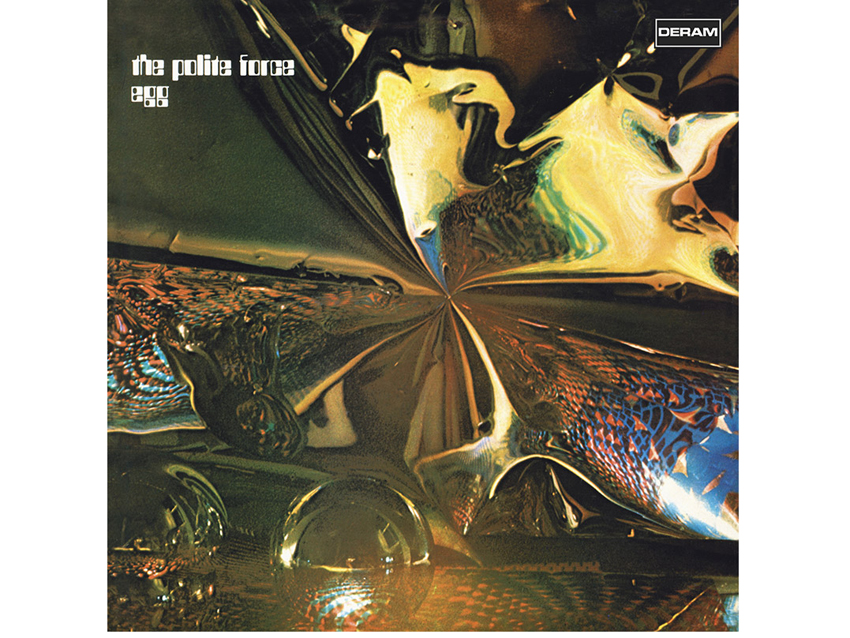
Egg - The Polite Force (1971)
“After you’ve tried to get as fast as you can with Ten Years After, you then try to get as intricate as possible. Soon I was on to prog rock. I didn’t really like the idea of too much singing, so I found a group called Egg that had a lot of playing and not a lot of vocals. They had an album titled The Polite Force that spoke to everything I was looking for at the time.
“Side two was like ‘Long Piece Number Three Part One, Long Piece Number Three Part Two,’ and so on. It was very proggy and elaborate, and I loved it. Recently, I went on a trip down memory lane and bought all of these records on iTunes, and it was amazing how much I remembered about them. Even something that was in the weirdest time signature, I could still sing it, despite having not heard it for 40 years.”
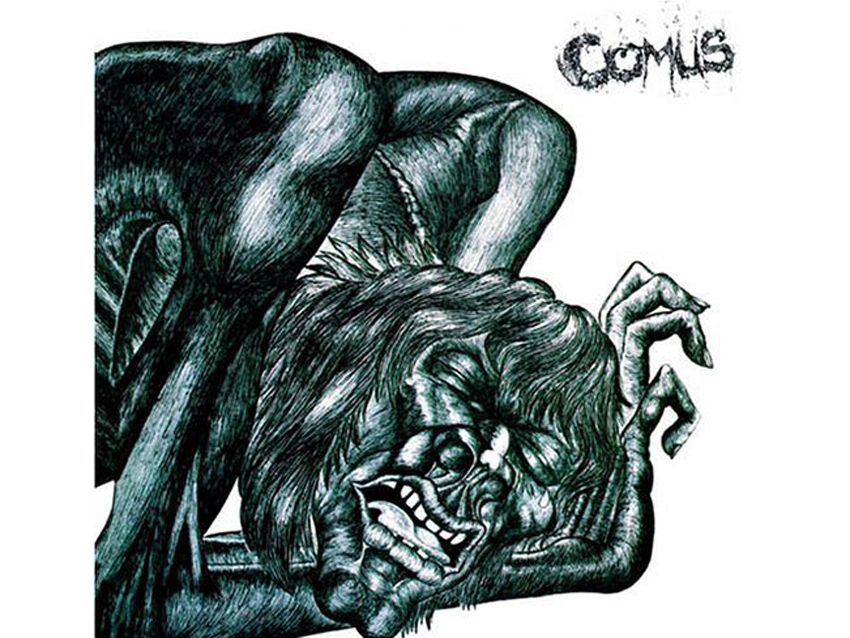
Comus - First Utterance (1971)
“This is a record that’s just as bad as Egg’s Polite Force, but it influenced me in the idea that art was something to aim for – that you didn’t always have to think about being commercial to do something of value. Comus were a weird band that was kind of perfect in their own weird way.
“They had flutes and acoustic guitars and bongos, and their songs were about violence and rape and stuff like that. They even had one song about insulin shock therapy, which was pretty cosmic to a 14-year-old boy.
“First Utterance has strange wailing and all sorts of bizarre stuff going on. But like I did with Egg, I bought it again a couple of years ago and could sing every lyric. It occurred to me that music was a lot more varied in those days. Would a band like Comus even exist nowadays? I don’t know.”
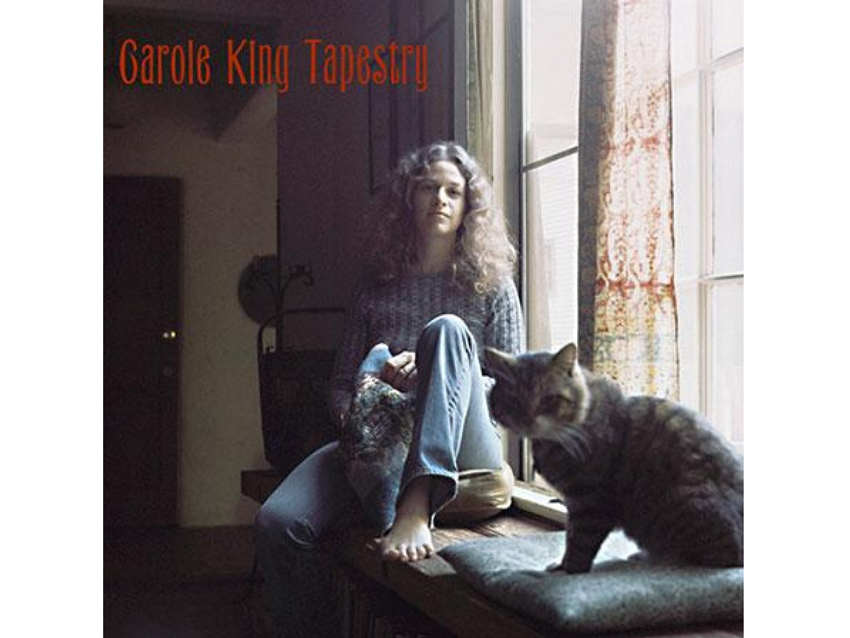
Carole King - Tapestry (1971)
“This record is a huge multi-million seller that everybody knows, but it does prove that I have a sentimental side. What’s not to love about Carole King’s Tapestry? From beginning to end, it really feels like album should.
“She’s such an amazing songwriter. Writing good songs on the piano is more difficult than on the guitar, I think; one could wind up sounding like Elton John or Billy Joel. It’s a tricky thing to sound to unique on the piano, and Carol King does it.
“It was a tough choice between Tapestry and something by Joni Mitchell, but Tapestry gets my vote here. It’s a fantastic album. It might have even been the first record that my parents and I could agree on.”
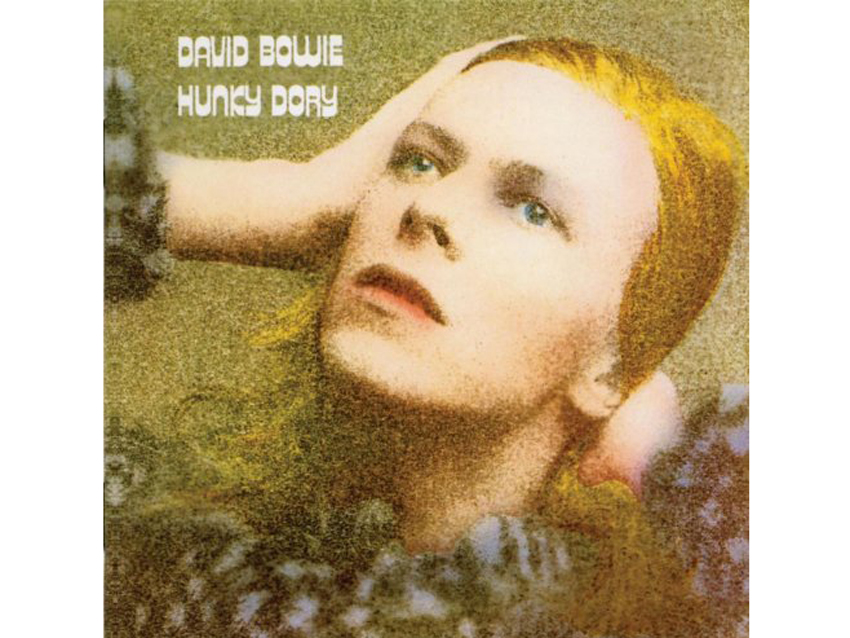
David Bowie - Hunky Dory (1971)
“The first of two records by David Bowie on my list. He’s been such a big part of so much of my life. The Beatles were too, but they went through all of their changes in five years, whereas Bowie's been around a lot longer. The amount of personas he's had and and all the musical shifts he's gone through are pretty staggering.
“Hunky Dory was an album that showed me how you could mix weirdness with good songs. The other things that I was into back then – Egg and Comus – were weird, but that was where it began and ended. Bowie had the mystical stuff that I cherished, by my goodness, what material! Kooks, Changes, Quicksand – I listened to these songs, I obsessed over them, and I loved them.”
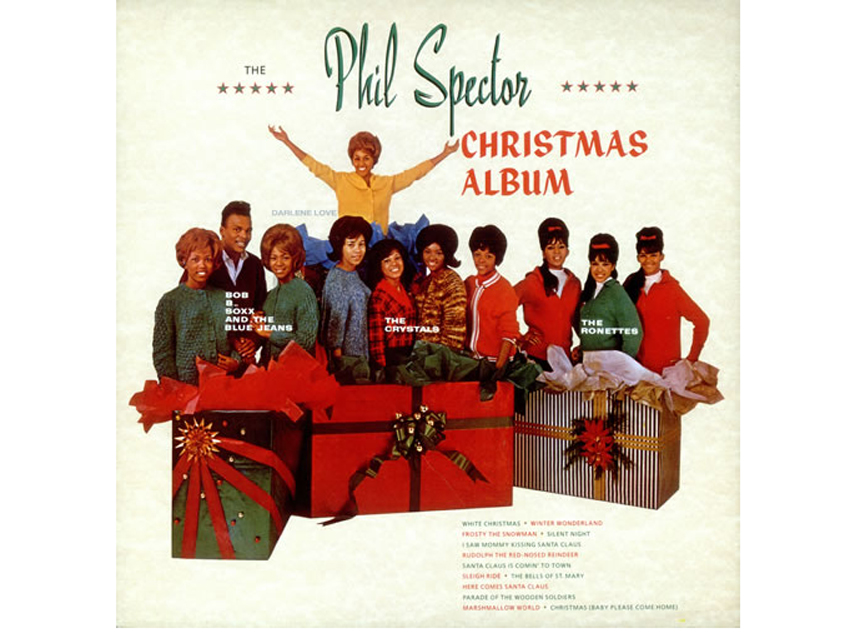
Phil Spector - A Christmas Gift For You From Phil Spector (1963)
“I’m not sure when I started to love this record, but as we’ve just had Christmas, I have to mention it. Actually, I'm amazed at how few Americans seem to know this record, because to me it's pure Americana.
“The way it moves from song to song, the way it sounds – the famous Spector ‘Wall Of Sound' and all that – it’s fantastic from start to finish. It makes me think of Christmas way more than any of the cheesy holiday records. All of those incredible girl groups and singers doing those amazing songs, put together by this five foot-nothing murderer – it’s a wonderful thing.
“How Spector managed to put that sound across and sustain it for one whole genre on the entire record, all without getting boring for one second, that was a real feat.”
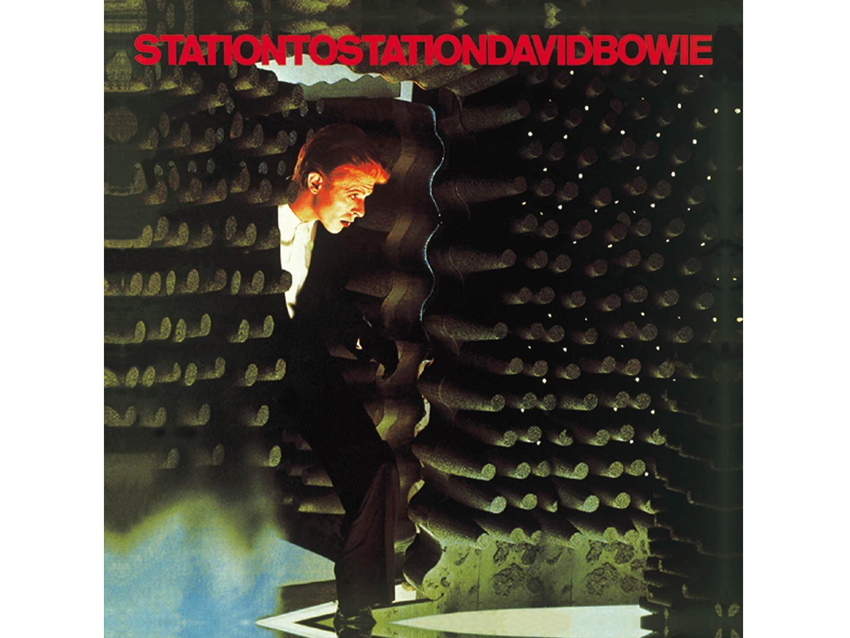
David Bowie - Station To Station (1976)
“The whole record is only six songs, but it doesn’t feel as if you’re being shortchanged because every song is incredible. Wild Is The Wind, TVC 15, Golden Years – they’re all so marvelous. And the title track, which kicks off the album, just flies by – and it's over 10 minutes long.
“To me, it doesn’t matter how long a song is, of course, as long as it’s good. So here we’ve got six songs, all of them great, by an artist who just kept reinventing himself and getting better and better. It’s one of my favorites.”
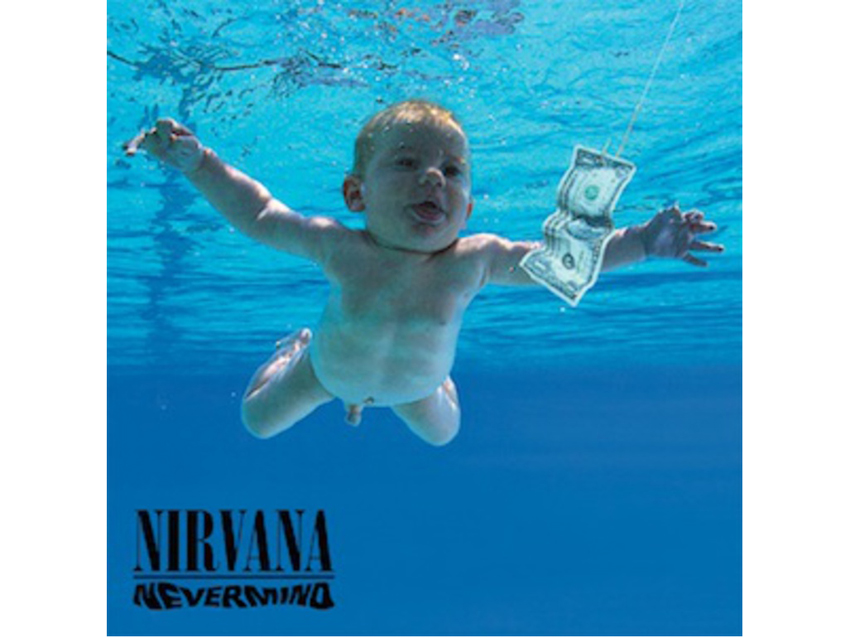
Nirvana - Nevermind (1991)
“This is an obvious one for most people. It made a big impression on me because of its sound, which I thought was so good. Plus, it really did make me dance – that counts for something, I think.
“For the longest time in England, we thought we made the best rock and pop music. But I remember everybody in Britain heard this and went, ‘That’s it – we’re fucked! This has beaten us.’ After Nevermind, it took about two or three years before anything good came out of England with bands like Oasis and Blur. We had to regroup and rethink the whole thing.
“All of the tastemakers in England heard Nevermind and said the same thing: ‘Those songs are perfect.’ And they are. They’re catchy, they’ve got melody and power – they really are perfect.”
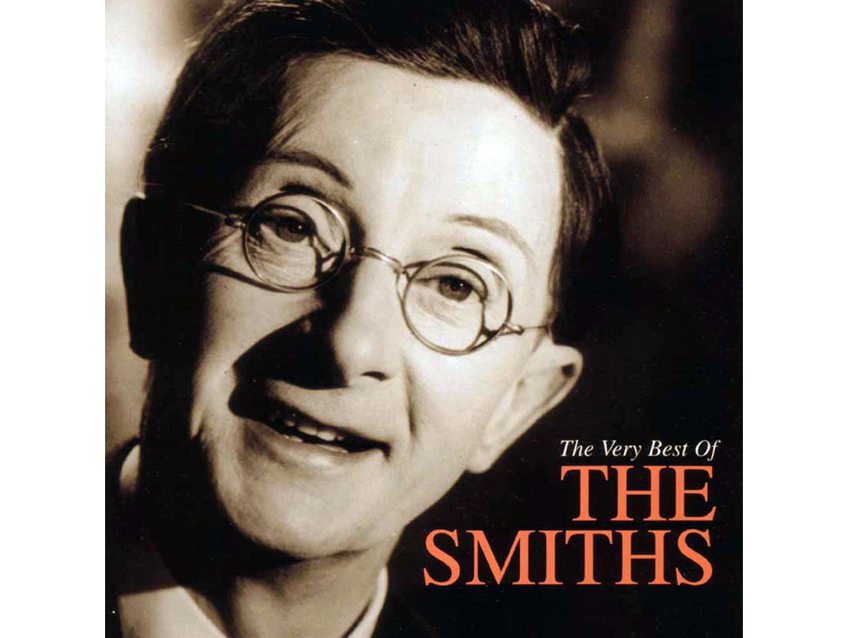
The Smiths - The Very Best Of the Smiths (2001)
“It’s hard to think of just one album, so I’ll go with a greatest hits collection. When you put Morrissey and Marr together, you got one of these big bangs in music, something so unexpected and important. You’ve got two people who were so opposite, but their talents and personalities were perfect for this one thing that was The Smiths.
“I’ve never met Johnny and Morrissey together. There was a time when I was quite close to Johnny and a time when I was quite close to Morrissey. Johnny was a huge fan or Kirsty MacColl and had played on some of her records with me. He’d come round our flat, and we’d drink together, play music together. He was great, and he was so musical.
“Then when I started working with Morrissey, I realized that he was not traditionally musical at all. He doesn’t write songs like other people because he doesn’t think in terms of structure the way other people do. He thinks of the whole thing in one go. A truly fascinating guy.
“I think the combination of Marr and Morrissey resulted in the best work. As a Brit, I was in awe of the music, the lyrics, the whole package. The greatest music sums up its times, and the music of The Smiths did that brilliantly.”
Joe is a freelance journalist who has, over the past few decades, interviewed hundreds of guitarists for Guitar World, Guitar Player, MusicRadar and Classic Rock. He is also a former editor of Guitar World, contributing writer for Guitar Aficionado and VP of A&R for Island Records. He’s an enthusiastic guitarist, but he’s nowhere near the likes of the people he interviews. Surprisingly, his skills are more suited to the drums. If you need a drummer for your Beatles tribute band, look him up.
